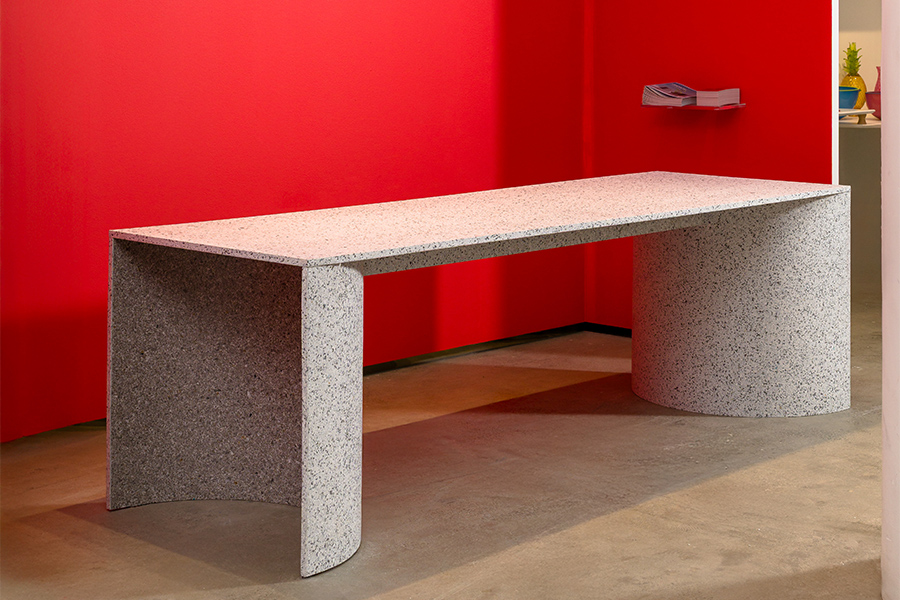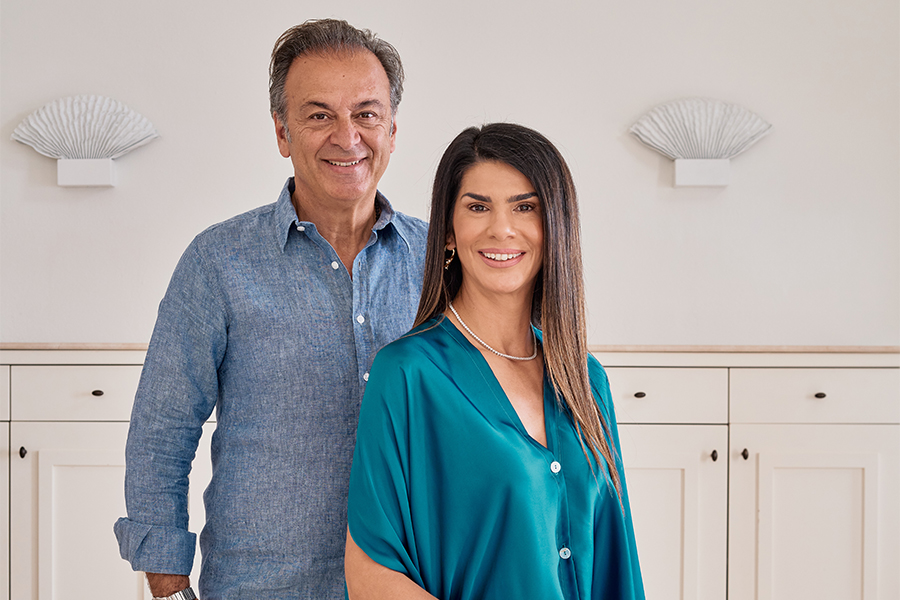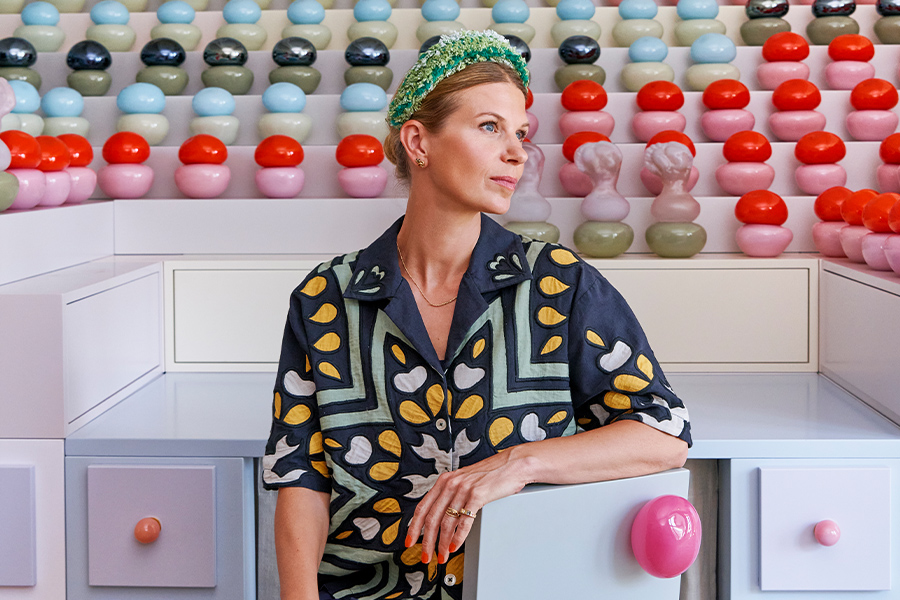When Joe Doucet was in school at the ArtCenter College of Design in Pasadena, California, it wasn’t studying interior or product design that most excited him. It was a class on packaging. “I fell in love with designing the entirety of the experience,” he says. “I wanted to design the candy and its wrapper.”
That commitment to thoughtful, purposeful design evolved into a desire to make the experience as efficient and sustainable as possible. “There’s no higher calling than doing work that is meaningful to our survival,” he says. “Making things sustainable is what we all should be doing.”
After graduating, the Texas-bred Doucet took a job in New York at multidisciplinary design firm Darnell Group. From there, he went on to run the design group for Kirshenbaum Bond & Partners before they sold to MDC, after which he created Bond, a new firm focused on graphics, branding, and storefront design. But in his managerial role, he felt creatively unfulfilled. “I hated my life,” he remembers. “I just wanted to work on projects that I found meaningful.”
That’s why, 15 years ago, he sold his interest at Bond and founded Joe Doucet x Partners with business partner Richard Hinzel, whom he worked with at Bond. The firm has made a name for itself with its innovative designs across a swathe of disciplines. Take the One Sense noise-cancelling headphones, which also cancel the user’s vision with a band of bright red spikes that cover their eyes, or the BlackBox portable printer that plugs into a phone or laptop and prints text messages on receipt paper.
Doucet is also responsible for 3D printing crash-proof benches in Times Square in New York and for rethinking air travel with a zero-emission passenger plane, which he conceived with advances in electric engines from the automotive industry.
But Doucet is perhaps best known for the award-winning Airiva wind turbine wall, a modular and scalable design for urban and suburban environments that generates clean, renewable electricity.
Most recently, Doucet partnered with the Good Plastic Company on the OLO table, which is made entirely from recycled plastic sourced from discarded refrigerators and consumer electronics that otherwise end up in landfills. Launched in May at New York Design Week, the table’s semicircular legs and seamless top are created with the Good Plastic Company’s Polygood sustainable surface. “[We wanted] to show people what this material can do and make them stop and try to figure out how it was made,” he says.
With sustainability becoming more ubiquitous in the design world, Doucet’s portfolio makes him an eco-conscious trailblazer of sorts. “Designers have a responsibility,” he says. “It’s not just about my ideas or how clever I am, it’s about these objects having a life after I’m gone.”

The monolithic OLO table from the Good Plastic Company is made from 100 percent recycled plastic
This article originally appeared in HD’s July 2025 issue.


